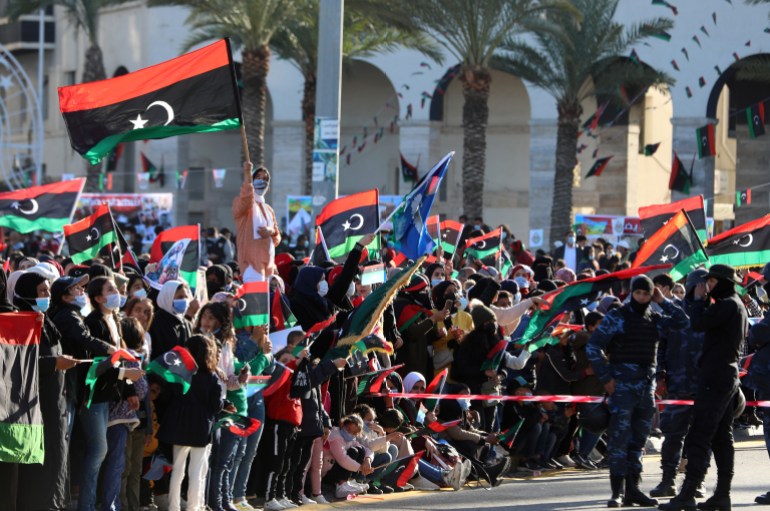Othman Abdel Jalil, spokesman for the government assigned to the Libyan House of Representatives in Tobruk, said that "their determination and pledge not to use violence is what prevented them from entering the capital, Tripoli."
The spokesman for the government headed by Fathi Bashagha explained that they "will not use force to seize power because of their belief that violence will generate more tragedies for the people," noting that "this is what they do not want, and what the national unity government seeks," according to him.
"We hope the Libyan people and the political and social components are aware of the importance of the current stage and the Libyan-Libyan consensus that occurred for the first time in the country since the division of 2014, and we must invest it to reach successful elections," he added in a news item reported by the government's media office in the early hours of Sunday morning.
The political crisis in Libya has escalated since the collapse of elections scheduled for last December as part of a peace process aimed at reuniting the country after years of chaos and war in the wake of the 2011 NATO-backed revolution.
Two governments have been wrangling over power in Libya since the beginning of last March, when the House of Representatives gave its confidence to a new government, which was rejected by the Supreme Council of State and the Government of National Unity, which refuses to hand over its duties until after the elections.
The political crisis in Libya has escalated since the collapse of the elections that were scheduled to take place last December (Reuters)
Two governments and a conflict
The government headed by Abdel Hamid al-Dabaiba still receives international recognition, controls the state’s resources and its capital, and administers the country’s affairs in general, while the new government headed by Fathi Pashaga announced at the end of last March that it had received the government office in the capitals of the east and south of the country, and it is still demanding the assumption of its duties in Tripoli.
On the other hand, the Adviser to the Secretary-General of the United Nations on Libya, Stephanie Williams, is seeking to create a consensus between the House of Representatives and the state in order to formulate a constitutional rule on the basis of which elections will be held, while the House of Representatives prefers to follow a roadmap it approved last February to amend and present the draft constitution. For a referendum first, then an election.
According to the Geneva road map approved by the Libyan Political Dialogue Forum, facilitated by the UN mission, the mandate of the current executive authority, represented by the Presidential Council and the unity government, will expire next June.

